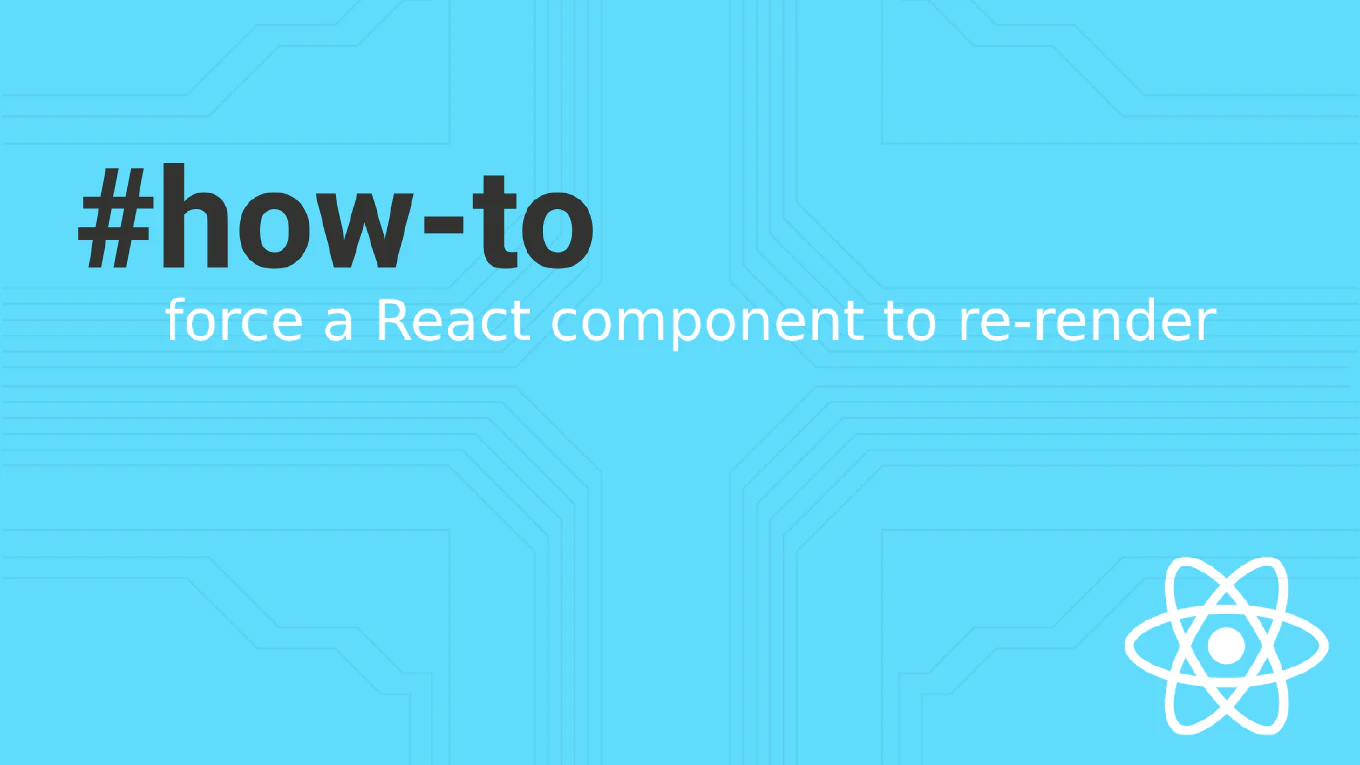How to create writable streams in Node.js
Creating custom writable streams in Node.js enables efficient data consumption and processing for file operations, data transformation, and output handling.
As the creator of CoreUI with over 11 years of Node.js development experience, I’ve built numerous writable streams for log processing, data export systems, and real-time analytics.
From my expertise, the most reliable approach is extending the Writable class and implementing the _write() method to handle incoming data chunks.
This pattern provides complete control over data consumption, processing, and output formatting for scalable server applications.
How to use streams in Node.js
Using streams in Node.js enables efficient processing of large amounts of data without loading everything into memory, making applications more performant and scalable. As the creator of CoreUI with over 25 years of software development experience, I’ve implemented streams extensively in data processing pipelines, file operations, and real-time applications. From my expertise, the most effective approach is understanding the four types of streams: readable, writable, duplex, and transform streams. This pattern enables memory-efficient data processing for applications handling large files, real-time data, or high-throughput operations.
How to Get the Values of an Object in JavaScript
Extracting values from JavaScript objects is a fundamental task when processing data from APIs or user input. As the creator of CoreUI with over 25 years of JavaScript development experience, I frequently work with object value extraction in UI components. The most efficient and modern approach is using the Object.values() method, which returns an array of all enumerable property values.



